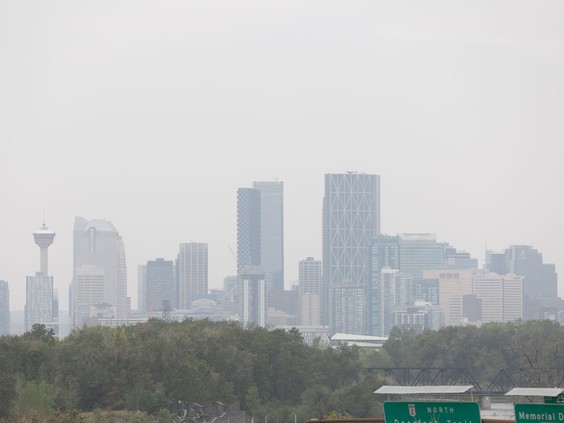The protagonist in the dystopian novel Noetic Marj Odyssey, by Calgary author Inga M. Nelson, is a 17-year-old girl named Marj. She needs to wear respirators because of the smoke in the air due to forest fires.
New types of infectious diseases that were dormant for thousands of years are active and pose a serious threat. These are some of the effects of unmitigated global warming projected by Nelson in 2046. The global climate change performance index, which ranks countries against how they are fulfilling their responsibilities to climate change mitigation, ranks Canada (62), the U.

S. (57) and China (55) among the lowest performers in terms of legislating and implementing climate change policies. Among the top performers are Denmark, Netherlands, Britain and India (No.
10 ranking). In Canada, lobbying efforts by oil and gas producing provinces and the sector in general have forestalled attempts to legislate a transition to net-zero emissions by 2050. In the federal election campaign, climate change action is being portrayed by the conservative right as the enemy of economic efficiency and competitiveness.
Conservative Leader Pierre Poilievre portrayed the consumer carbon tax as the No. 1 contributor to lack of affordability. These characterizations are inaccurate.
The purpose of carbon pricing is to cap carbon emissions and enable trading of carbon credits in a competitive market. Several countries — including the EU, Britain, Sweden, China, Japan and South Korea — have carbon pricing regimes in effect. Carbon pricing regimes have not affected economic efficiency and competitiveness in these countries.
Post-COVID inflation was the No. 1 contributor to lack of productivity during the Justin Trudeau years in Canada. Inflation was triggered not by the carbon tax but due to misalignment between the fiscal and monetary policies of the Trudeau government.
Liberal Leader Mark Carney’s background as a central banker enables him to ensure this misalignment does not occur again in Canada..
Top

Opinion: Our collective dystopian future could be avoided

The protagonist in the dystopian novel Noetic Marj Odyssey, by Calgary author Inga M. Nelson, is a 17-year-old girl named Marj. She needs to wear respirators because of the smoke in the air due to forest fires. New types of infectious diseases that were dormant for thousands of years are active and pose a serious [...]











